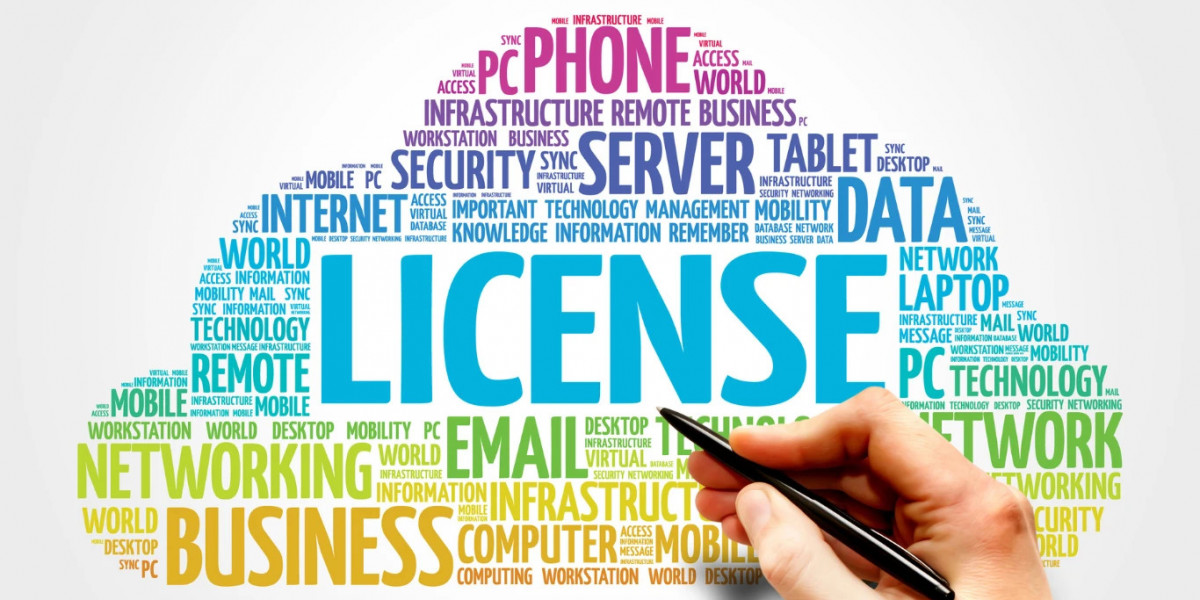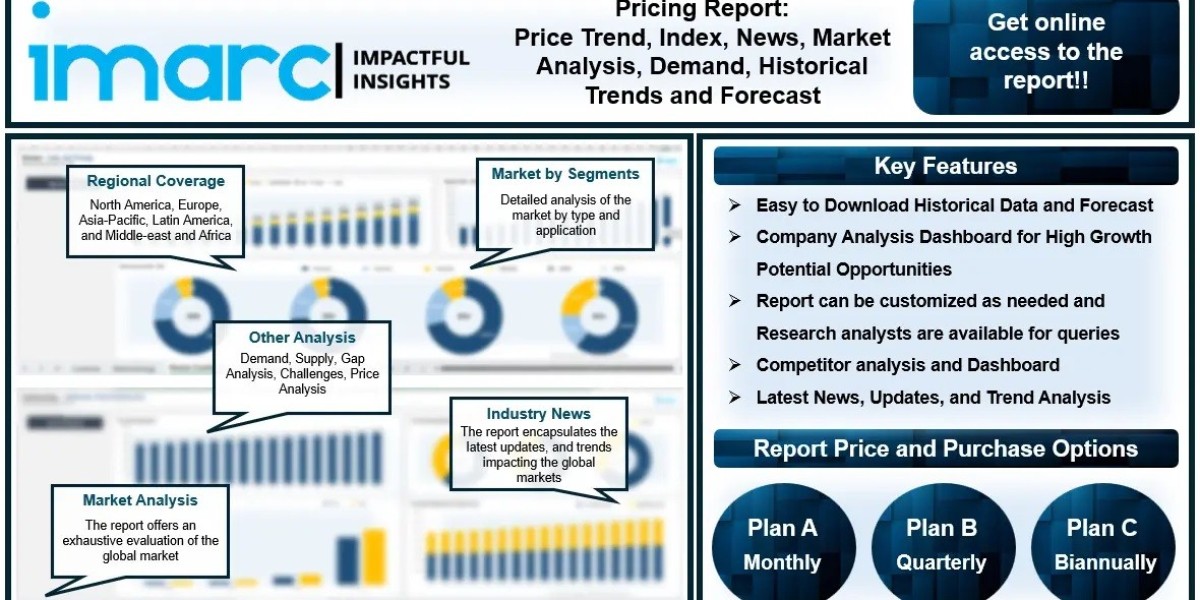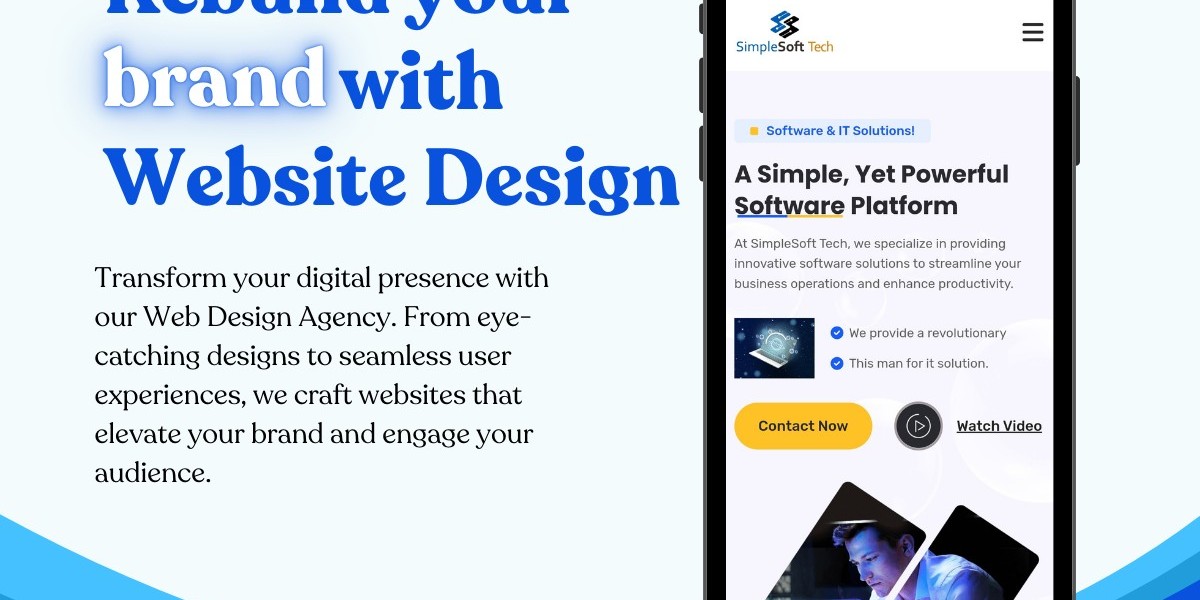ERP software integrates core business functions like finance, inventory, sales, and human resources into one seamless platform. But with so many options out there, how do you decide which one is right for your business?
Three popular choices often come up: SAP, Tally, and Busy. Each has its own strengths, weaknesses, and ideal use cases. Let’s dive into a comparison to help you make an informed decision.
SAP: The Heavyweight Champion of ERPs
What is SAP?
SAP is one of the most well-known ERP systems globally, powering large enterprises with its comprehensive suite of business solutions. Whether it’s SAP S/4HANA for enterprises or SAP Business One for small and mid-sized companies, SAP has something for every business size.
Why Businesses Choose SAP
- End-to-End Integration: SAP doesn’t just focus on one department—it connects finance, HR, supply chain, CRM, and more into one cohesive system.
- Real-Time Insights: With its powerful HANA database, SAP delivers instant insights, helping businesses make faster, data-driven decisions.
- Highly Customizable: SAP can be tailored to fit the unique needs of almost any industry, making it a go-to for complex organizations.
The Upsides
- Scalable for Growth: Whether you’re a multinational or a growing company, SAP’s solutions scale effortlessly.
- Global Presence: SAP has a vast network of support partners worldwide, so help is always nearby.
- Strong Third-Party Integrations: From CRMs to e-commerce platforms, SAP can integrate with countless external tools.
The Downsides
- High Cost: Customization and maintenance come at a premium.
- Complex to Implement: Deployment can take months or even years, requiring skilled IT resources.
- Steep Learning Curve: Training employees to use SAP can be time-consuming.
Best Fit For
Large enterprises or growing businesses with complex, cross-departmental needs and a significant IT budget.
Tally: The Simple, Cost-Effective Accounting Solution
What is Tally?
Tally is a household name in the accounting world, especially in countries like India. Known for its simplicity, TallyPrime (formerly Tally.ERP 9) focuses heavily on accounting and compliance, making it popular among small businesses.
Why Businesses Choose Tally
- User-Friendly Interface: Tally is known for its straightforward design, allowing even non-accountants to manage finances with ease.
- GST Compliance: Tally was one of the first to adapt to India’s GST regulations, making it a preferred choice for tax filing.
- Affordable: Tally is budget-friendly, making it a top pick for startups and small businesses.
The Upsides
- Quick Implementation: Minimal setup time with almost no IT expertise required.
- Easy to Learn: Simple interface that doesn’t overwhelm users.
- Cost-Effective: Ideal for businesses that need a basic ERP solution without breaking the bank.
The Downsides
- Limited Features: Tally excels at accounting but offers minimal support for other business processes.
- Not Ideal for Large Enterprises: It lacks the scalability and advanced features required by larger organizations.
- Basic Reporting: Reporting capabilities are limited compared to more comprehensive ERPs.
Best Fit For
Small businesses, startups, and accounting professionals looking for a reliable, affordable accounting solution.
Busy: The Growing Challenger for SMEs
What is Busy?
Busy Accounting Software is gaining traction among small and medium enterprises (SMEs), offering a blend of accounting, inventory management, and basic ERP functionalities. It's particularly popular in regions where businesses need localized support.
Why Businesses Choose Busy
- Comprehensive Inventory Management: Busy stands out for its ability to handle complex stock management across multiple locations.
- Affordable ERP Alternative: It offers many of the features of a full ERP at a fraction of the cost.
- Customizable Reports: Users can generate detailed, tailored reports, providing insights into business performance.
The Upsides
- Multi-Branch Management: Perfect for businesses operating across various locations.
- Budget-Friendly: A cost-effective alternative to high-end ERP systems.
- Localized Support: Busy has strong support networks in regions where it’s popular.
The Downsides
- Limited Scalability: Not ideal for rapidly growing businesses.
- Fewer Integrations: Limited compatibility with third-party applications compared to SAP.
- Less Advanced Analytics: Lacks the robust analytics and AI-driven insights that larger ERPs offer.
Best Fit For
SMEs looking for an affordable yet comprehensive solution for accounting and inventory management.
Why Consider NetSuite?
While SAP, Tally, and Busy are well-known, cloud-based ERPs like NetSuite are reshaping the landscape. NetSuite Implementation offers a fully integrated, cloud-based solution that’s scalable for businesses of all sizes, from startups to enterprises.
NetSuite covers everything from financials and CRM to e-commerce and supply chain management, making it an all-in-one solution. Plus, ongoing NetSuite Support Services ensure your system remains optimized and future-ready, providing peace of mind for growing businesses.
Final Thoughts: Which ERP is Right for You?
Feature | SAP | Tally | Busy | NetSuite |
Best For | Large Enterprises | Small Businesses | SMEs | All Business Sizes |
Deployment | On-Premises/Cloud | On-Premises | On-Premises | Cloud-Based |
Scalability | High | Low | Medium | High |
Cost | Expensive | Affordable | Affordable | Moderate |
Ease of Use | Complex | Simple | Easy | User-Friendly |
Support | Extensive Global Network | Local Support | Regional Support | 24/7 Cloud Support |
Ultimately, the best ERP for your business depends on your specific needs, budget, and growth plans. If you’re looking for a traditional powerhouse, SAP is unbeatable. For a straightforward accounting tool, Tally is the way to go. If you're a small-to-medium business needing a balanced solution, Busy fits well. However, for those looking for a scalable, future-proof, cloud-based solution, NetSuite Implementation and ongoing NetSuite Support Services offer an excellent alternative.
Take your time, evaluate your business needs, and choose the ERP system that sets you up for long-term success.









